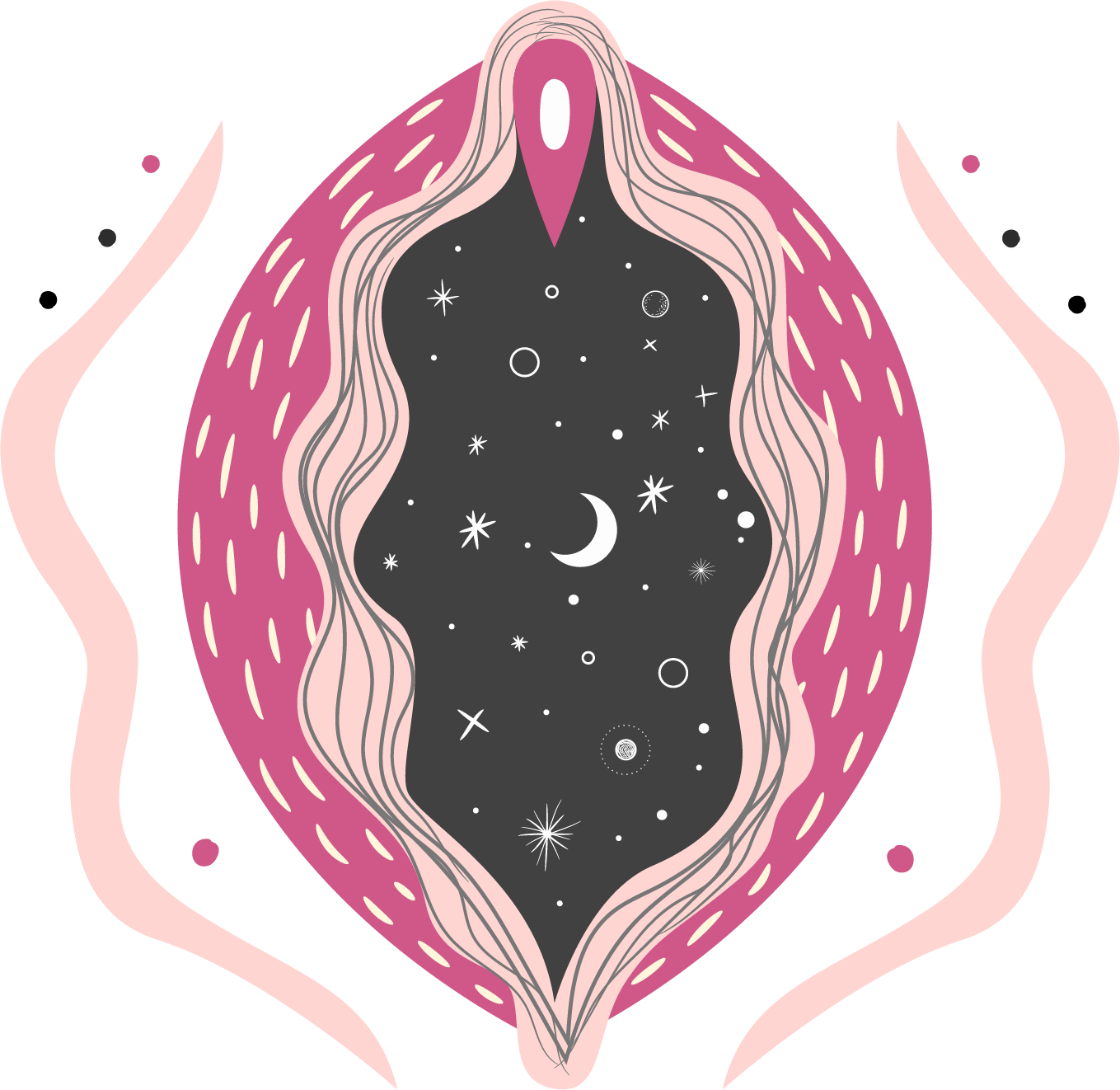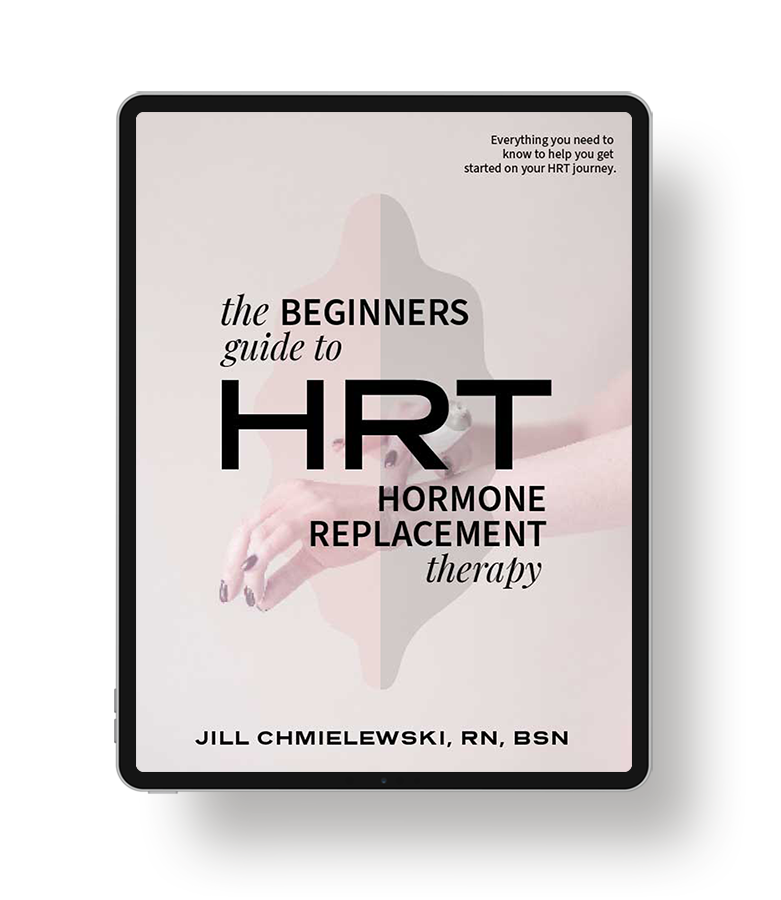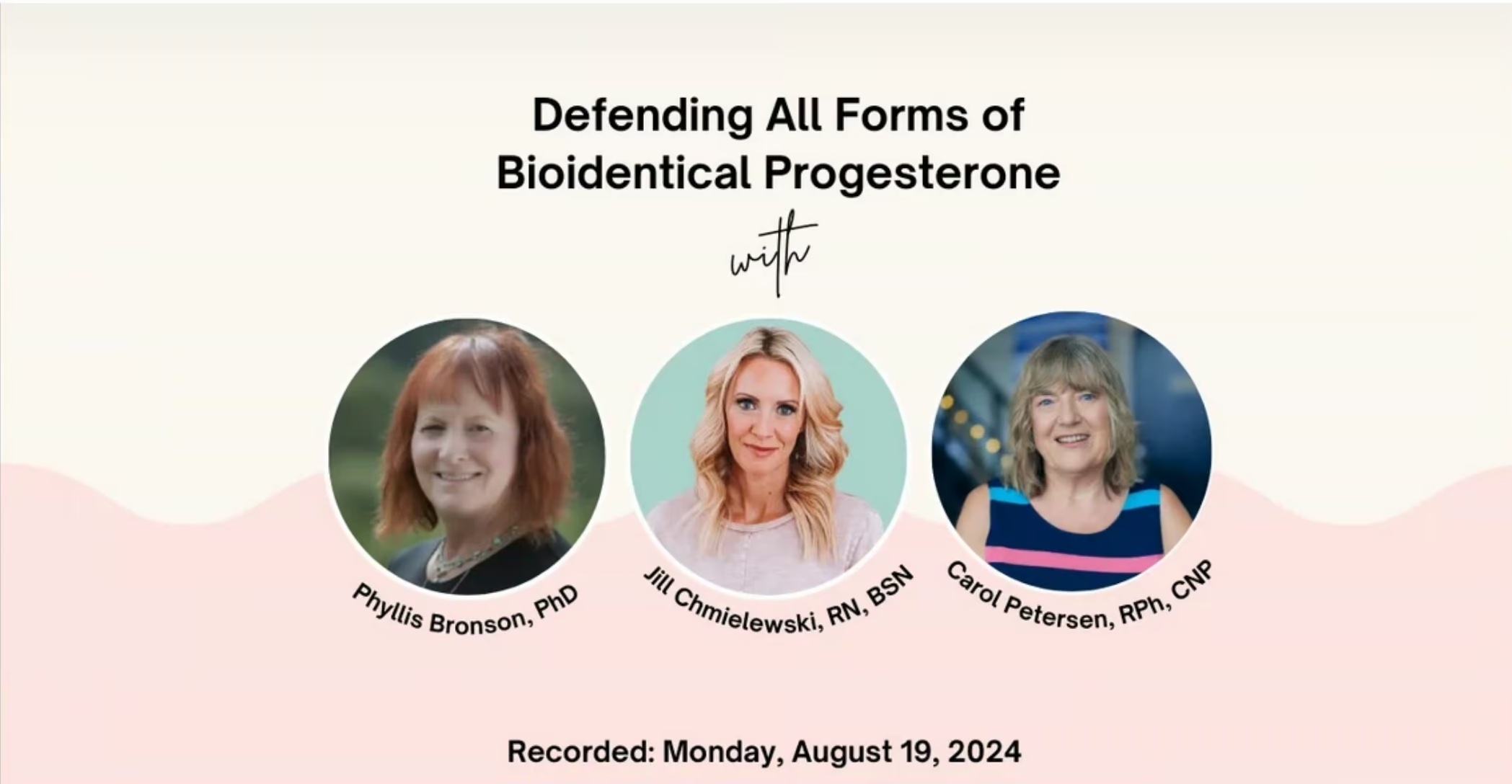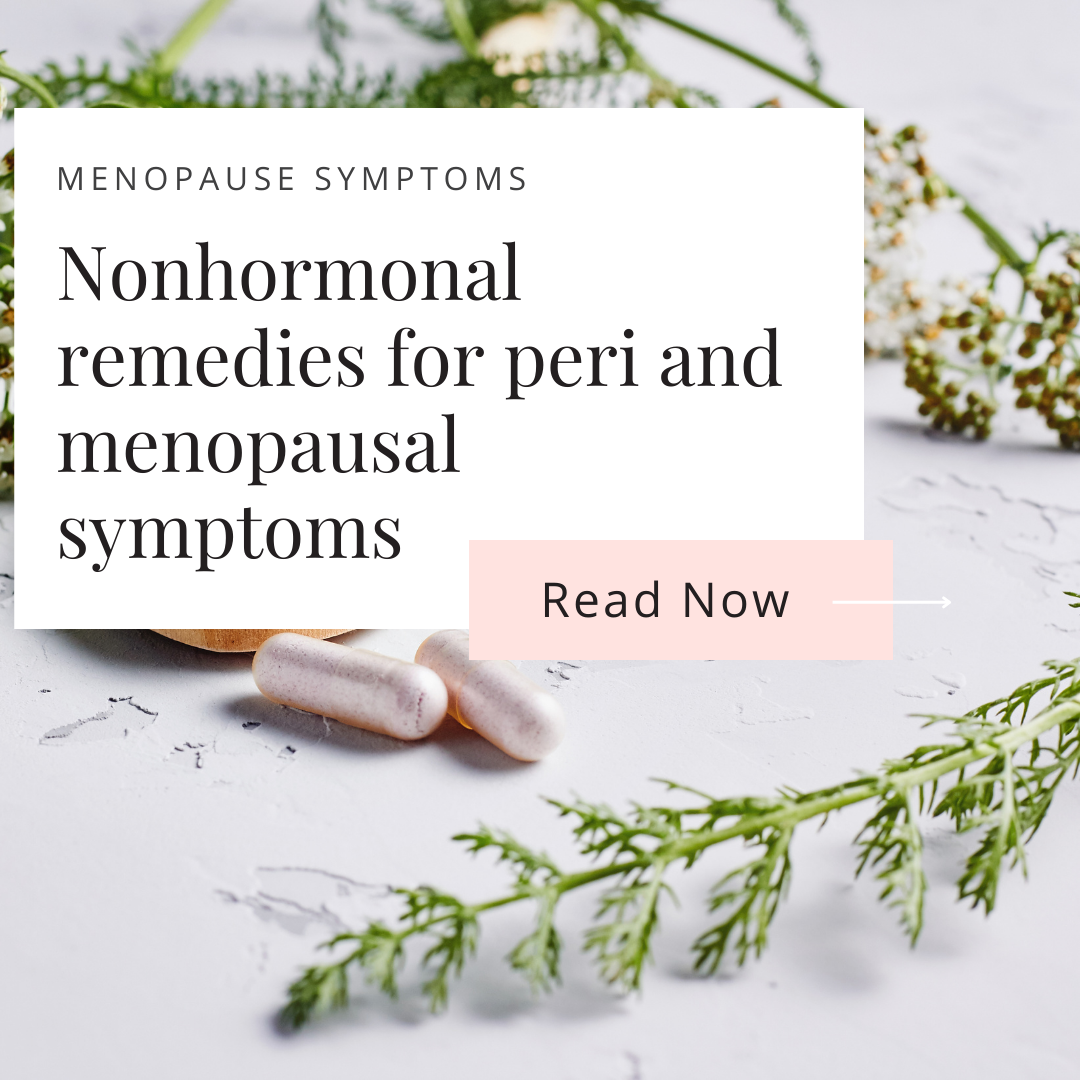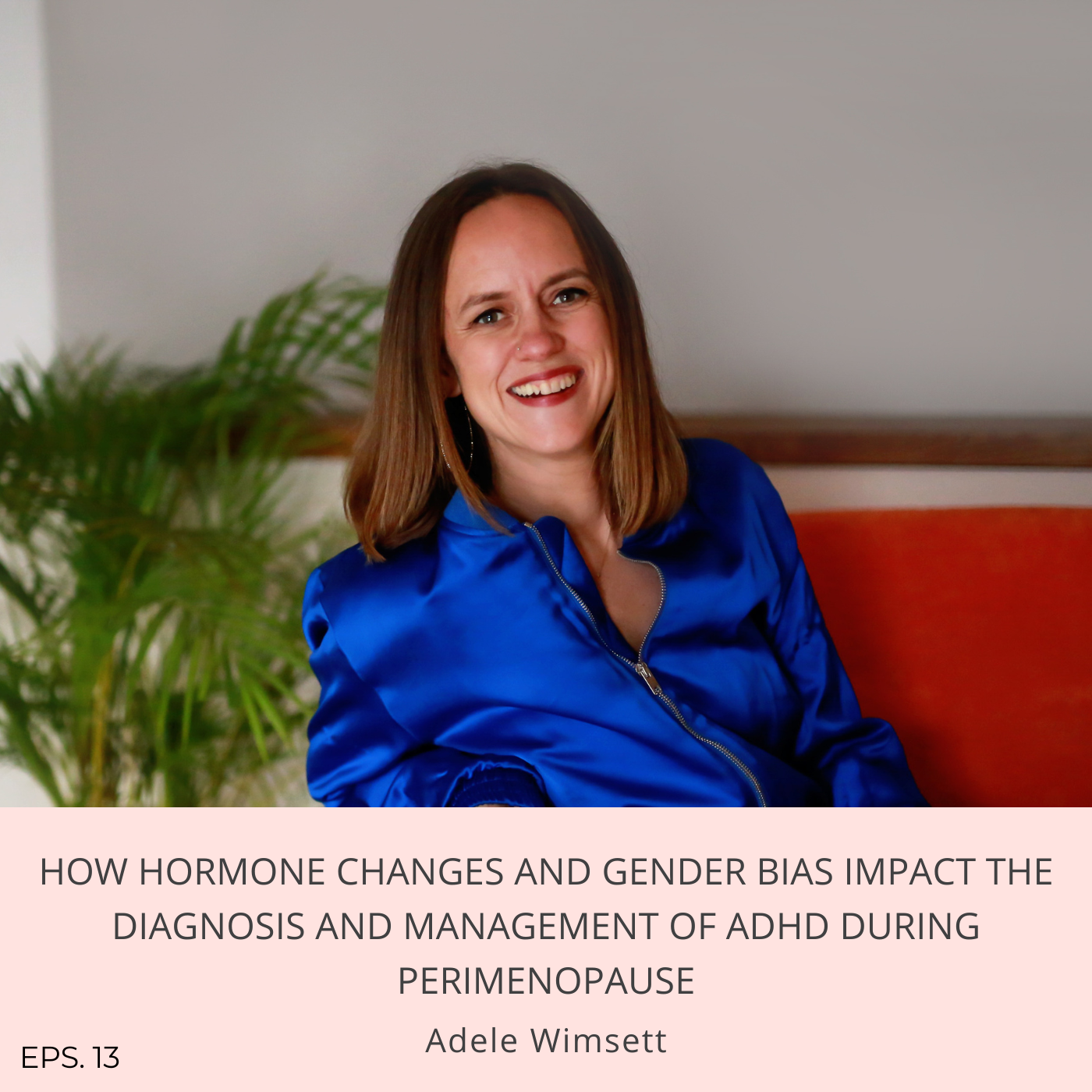Most of us have had a wonky period or two at some point throughout our lives, and we often dismiss those erratic monthly cycles as some type of hormone imbalance. While that is likely the case, hormones extend well beyond our female hormones estrogen and progesterone, and they can have a profound impact on the rest of our body’s systems.
If you suffer from any of the following, then you are dealing with some out of whack hormones, also known as a hormonal imbalance:
- Diabetes
- Hashimoto’s
- Thyroid disease
- Mood swings
- Fatigue
- Depression
- Endometriosis
- Weight gain
- Uterine fibroids
- Acne
- Insomnia
- Digestive issues
- Uterine, ovarian, or breast cancer
- Early onset puberty
- Infertility
- Hypo/hyperthyroidism
Our hormones are produced by a collection of 8 glands that make up our endocrine system……..the pineal gland, hypothalamus, pituitary, thyroid, thymus, pancreas, adrenal glands, and ovaries or testes. It’s a complex system, and even the tiniest fluctuations of hormones in the body can result in big-time changes in the body, so keeping our hormones in balance is key to optimal health!
Unfortunately, certain chemicals in our environment can interfere with our endocrine system, and wreak some serious hormonal havoc. We call these chemicals EDC’s or Endocrine Disrupting Chemicals, and the goal is to keep these disruptive chemicals as far away as possible!?
There are many EDC’s in our environment, so we’ll just focus on the top 4 for now:
BPA
This bad boy was well known for being in the liner of plastic containers, prompting many of our food and drink manufacturers to create BPA-free containers. But just because you choose BPA-free water bottles and plastic containers doesn’t mean you can check this one off your list. Most plastic manufacturers simply replace BPA with other chemicals in the same family; BPS, and BPF. These chemicals are also EDC’s, and research is now showing these replacements to be just as harmful, if not worse, than BPA. When possible, avoid plastic containers altogether and replace them with glass jars, or glass storage containers.
PHTHALATES
These guys are found in a whole host of beauty items…it’s the chemical that makes those fragrances smell so good! But these guys are major EDC’s so get rid of any air fresheners, scented candles, plugins, diffuser sticks, and room sprays as well as personal products that contain the word “Fragrance” or “perfume” on the ingredient label. This is a good indication that phthalates are present. Look for products that are scented naturally using only plant based essential oils, and that clearly state that they do not use phthalates in their line.
PESTICIDES
Did you know that over 5.6 billion pounds of pesticides are used each year globally; about 1 Billion in the United States alone?? Pesticides are EDC’s, and metabolites of these chemicals are found in 93% of people tested! NOT GOOD GIRLFRIENDS!! Buying and eating organic foods is the easiest and fastest way to reduce the amount of pesticides in your body!
LEAD
Most people associate lead exposure with neurological issues and loss of IQ points, not endocrine disruption, but we can add this to the long list of negative ways that lead affects us. Yes, it can be found in flaking paint in old houses, but it can also be found in drinking water and in our lipstick! Egads!!!
Filter your drinking water to ensure that you are not ingesting lead, and choose lipsticks that do not contain lead. Some research studies suggest that women who wear lipstick eat about 5 pounds of lipstick during their lifetime. That’s kind of icky to think about. Bottom line here: Look for lipsticks that do not contain any harmful ingredients, including lead.
